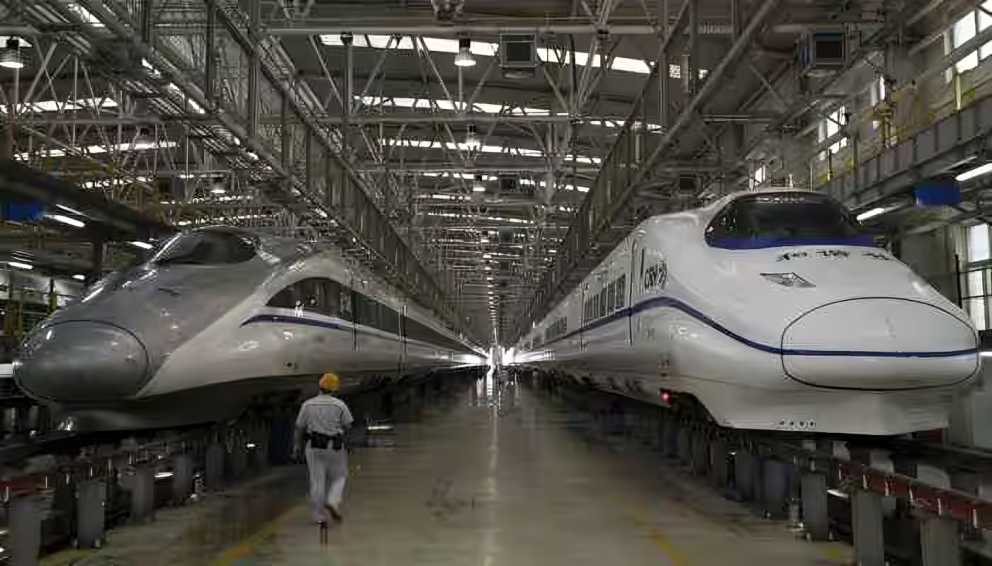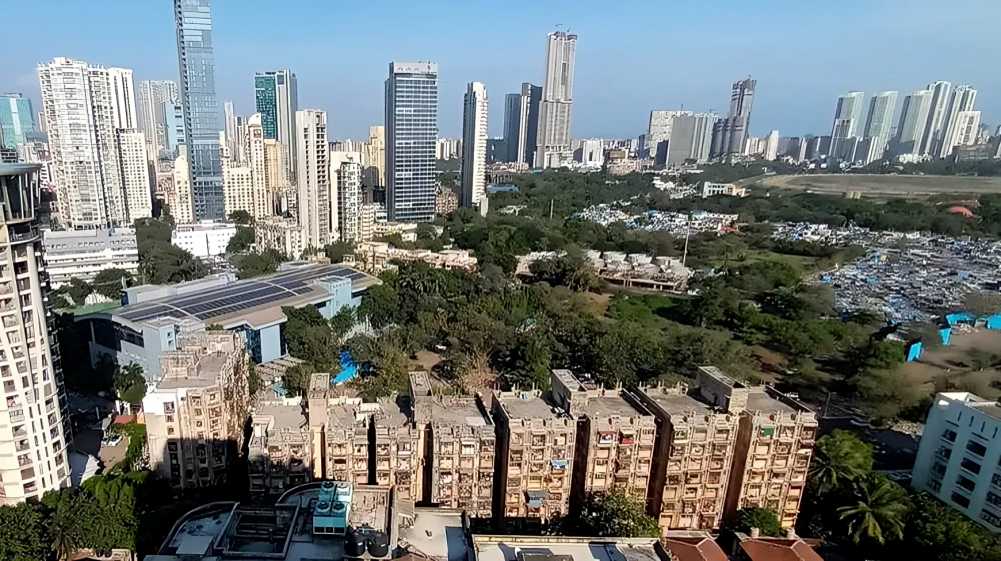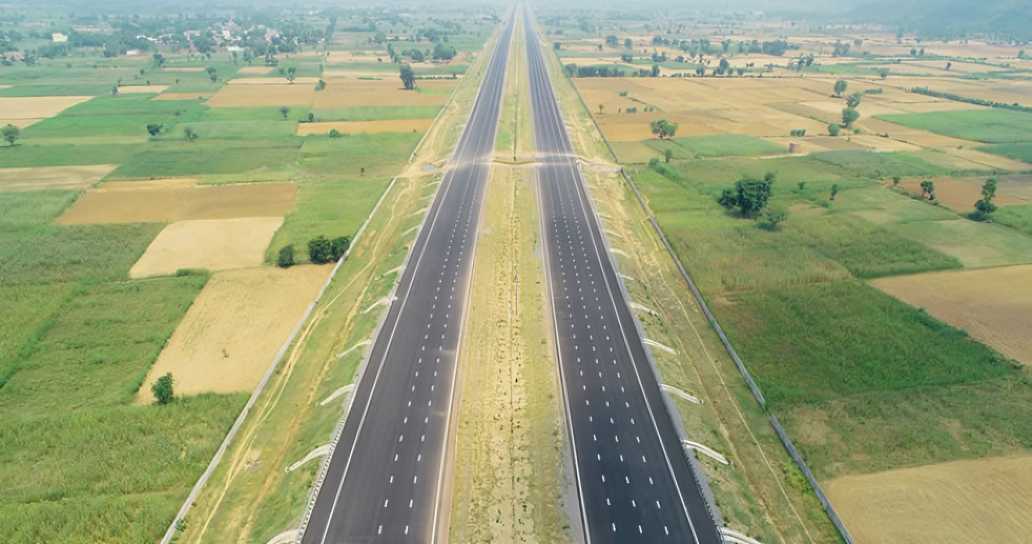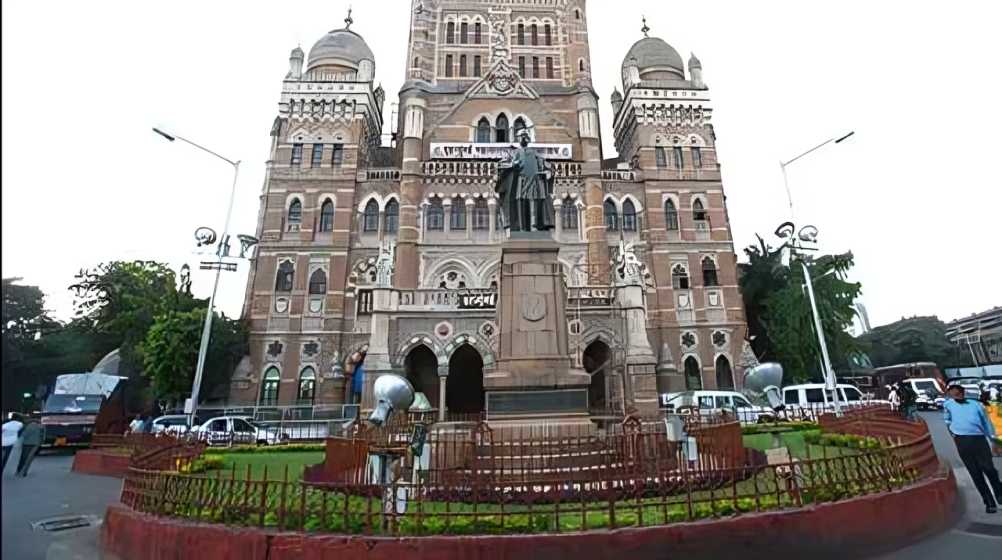November 20, 2025: India is on the brink of a historic leap in rail infrastructure as the country’s first bullet train prepares for its initial 100-km run between Surat and Vapi. Union Minister for Railways Ashwini Vaishnaw confirmed that this phase will be operational by August 2027, marking a crucial milestone ahead of the full Mumbai-Ahmedabad high-speed rail corridor. Spanning 508 km, the corridor is designed for trains to run at 320 km/h.
According to Vaishnaw, “the full journey between Ahmedabad and Mumbai will take 1 hour 58 minutes if the train stops only at four stations. With all 12 stations included, the time would stretch to 2 hours 17 minutes.” He described the tunnel breakthrough on the corridor as a “landmark achievement”, noting its engineering complexity. The single-tube, 13.1-metre-diameter tunnel is designed to handle bullet trains in both directions.
The corridor represents India’s first true high-speed rail experience and is being constructed in collaboration with Japanese technology, potentially using next-gen E10 Shinkansen trains. Vaishnaw said the Shinkansen “fits India’s climate and matches safety needs” and indicated it is a strong candidate for the project.
The railway minister called the bullet train “transport for the middle class”, promising “reasonable” fares. He also projected that once the full corridor opens by 2029, trains could run every 10 minutes during peak hours.
The first phase covering Surat-Vapi replaces an earlier plan for a shorter 50-km run and will give the public a real taste of high-speed travel in India. Viaduct construction is progressing steadily, with over 320 km already completed. Advanced safety measures, including piezometers, inclinometers, and air-pump systems, are being used during tunnel construction.
With a design speed of 320 km/h, the corridor is set to transform connectivity between major cities in Gujarat and Maharashtra, boost economic growth along the route, and lay the foundation for future “Make in India” bullet train initiatives.
Source: Zee News





